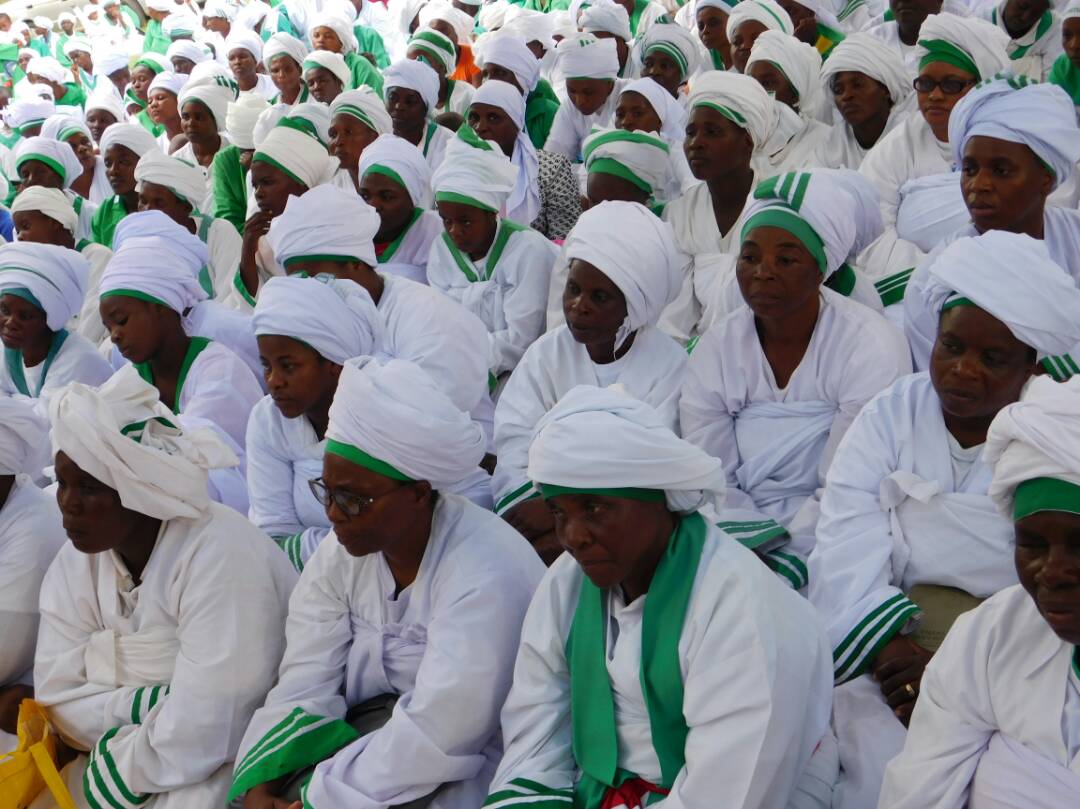Gideon Madzikatidze and Byron Mutingwende
Apostolic and Zionist indigenous churches have been urged to pay taxes in order to realise development, Advocate Charles Maunga of St. John Apostolic Church has said.
The remarks were made on Sunday at the church’s assembly in Hatfield. Maunga said paying tax contributes towards economic development and transformation of livelihoods of the people.
Maunga said, “It is quite sad to realise that some of our fellow apostolic churches like to stick towards primitive methods of conducting services, but rather we should conform and be exposed to the modern world which is a sign of tolerance and co-existence since some of the practices go against internationally approved values and standards; and also at times infringe upon human rights and international law.
“Apostolic churches should embrace new information communication technologies (ICTs) and make sure everyone fully participate in the church’s infrastructural development which ensures empowerment among members of the church who were previously disadvantaged.
“If there is any viable business conducted by church, they should comply and pay tax to the government (Zimra) so that development is realised and let me kindly advise those that are secretly conducting viable businesses to remit some of the proceeds to the government not just enriching few individuals but rather the general populace who are wailing in abject poverty so compliance is the only way we could help our government,” Maunga remarks.
Saint John Apostolic Church of the Whole World’s Secretary General, Mr Evans Mariga concurred with Maunga that churches should pay tax to the government if there is any viable business realising profits. Consideration should rather be taken for the responsibilities that the church is faced with and the level of development of that church as well as its foundation.
Mariga added, “We are living in global village not in isolation of others, hence we should comply in paying tax to the government. To a certain extent, the government should consider that those with missionary-related background should pay more than indigenous churches since they acquired land free of charge accompanied with grants availed by the then Smith regime to construct missionary churches and schools in Africa whereas indigenous churches are paying to acquire small pieces of land left in the government’s possession at a price that is beyond the reach of their pockets.
He added, “Our government should however be applauded for availing some stands for no fee attached. Churches are even struggling to construct up to window level due to economic hardships, hence the need to consider their plight in failing to afford paying a dime towards tax. Churches are custodians of the less priviledged members of our society so there is a need to exclude them from contributing.
“The church has many responsibilities. We need to be realistic that the church is also an entity that generates money on Sunday, which might be required to look into the welfare of the poor and I believe those that are accumulating profits should comply,” Mariga said.
The church’s minister of prosperity, Engineer Tambudzai Mwaturura said there was a need for change of vapostoris’ mindset of constantly being marginalised since they have the potential to develop the country.
Engineer Mwaturura said, “We need to first address the mindset that only Pentecostal and mainline churches are well equipped and realise that we can empower our indigenous churches without accessing any assistance from the external world through looking at development with a positive rather than a negative eye.
“Also, as apostolic churches we should empower each other to ensure value addition and avoid focussing on issues that splits churches through unresolved conflicts thereby coming out of economic captivity,” Engineer Mwaturura closes.
The church raised $10 000 for the construction for construction of a church building at one of their assemblies located in Hatfield.






